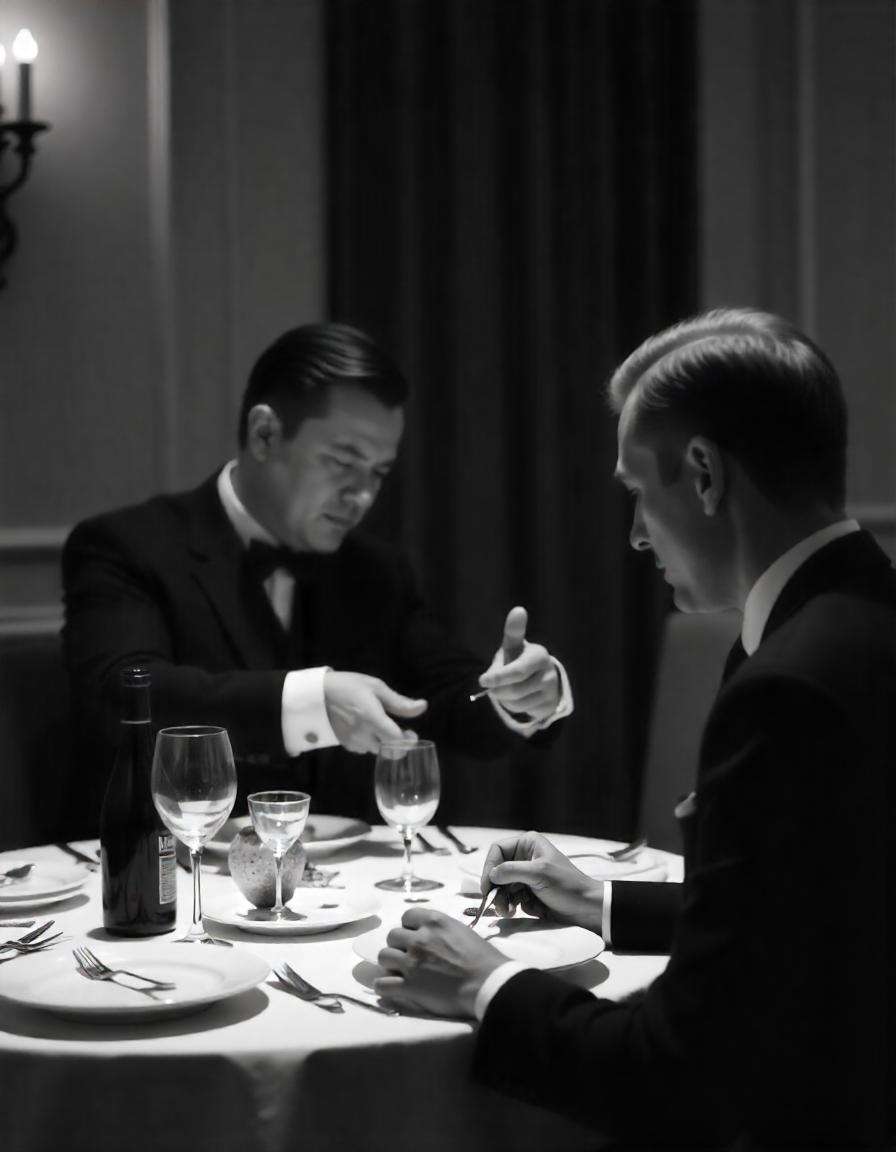When moving to the UK, understanding British etiquette can greatly help expats settle into their new surroundings. The customs and social norms in Britain might differ from what you’re used to, but they are rooted in respect, politeness, and subtlety. To make your transition smoother, here’s a detailed guide to adapting to British culture, covering everything from social interactions to workplace behavior.
Understanding Social Norms
Respecting social rules is central to British culture. While some behaviors may seem understated or reserved, they reflect a focus on consideration and harmony.
The Art of Politeness
Politeness is paramount. Simple phrases like “please,” “thank you,” and “excuse me” are used generously in conversations. Even casual interactions, such as ordering food or asking for directions, typically include these expressions.
While the British are generally polite, they can also be indirect. For example, “I’m not sure that’s the best idea” might actually mean “I don’t agree with you.” Pay attention to tone and context to understand subtle suggestions.
Queuing Is Sacred
Queueing, or lining up, is taken seriously in the UK. Whether you’re waiting for a bus, a movie ticket, or your turn at the supermarket checkout, always stand in orderly lines. Jumping ahead is seen as highly disrespectful.
The Habit of Apologizing
You’ll notice that “sorry” is used frequently. It’s not just a sign of admitting fault but also a way to maintain courtesy. For expats, adopting this habit can make social exchanges much smoother.
Communication Styles in the UK
Britons are often considered excellent conversationalists, but there are a few cultural nuances to keep in mind when communicating.
Small Talk
Small talk is a common way to break the ice. Weather is a go-to topic, and you’ll rarely go wrong mentioning how it’s “a bit chilly today.” However, avoid sensitive subjects like salaries, religion, or politics unless you’re with close friends or the topic is brought up first.
Humor and Sarcasm
British humor is characterized by wit, understatement, and sarcasm. It can sometimes be self-deprecating or ironic. Don’t be alarmed if a joke isn’t obvious at first; often, it’s meant to be subtle. A good practice is to smile along even if you’re unsure, as humor is a key aspect of British bonding.
Personal Space
The British tend to value personal space and prefer maintaining a reasonable distance during conversations. Avoid close physical contact unless you know someone well.
Greetings
A firm but not overly forceful handshake is the standard greeting, especially in formal settings. Among friends, a casual “Hi,” “Hello,” or sometimes a kiss on the cheek (though this varies) suffices.
Dining Etiquette
Whether you’re invited to a home-cooked meal or dining out, following proper table manners is crucial.
Table Manners
Your fork goes in your left hand and knife in your right. Avoid resting elbows on the table, and pace yourself with others during meals. Waiting until everyone is served before beginning to eat is considered polite.
At restaurants, tipping around 10-15% for good service is the norm unless a service charge is already included.
Tea Traditions
Tea is more than a drink; it’s a cultural ritual. If you’re invited for tea, allow your host to pour and only add milk or sugar after being served. Afternoon tea, with small sandwiches and pastries, is a delightful experience that reflects the British love for elegance.
Workplace Behavior
Adapting to professional life in the UK often requires respecting the delicate balance between formality and friendliness.
Punctuality
Being on time is non-negotiable. Arriving 5-10 minutes early for a meeting or appointment demonstrates reliability and respect.
Hierarchy and Teamwork
British workplaces may vary in structure, but teamwork is generally valued. While respecting authority, employees are encouraged to collaborate and share ideas. However, criticizing someone openly in front of others is frowned upon.
Email Etiquette
Emails tend to follow a formal tone, especially in initial correspondence. Start with “Dear [Name]” and end with “Kind regards” or “Best wishes.” If unsure, always err on the side of formality.
Conversation Tone
Maintaining professionalism while being approachable is key. Gossiping or discussing contentious topics in a workplace setting is often avoided.
Navigating Day-to-Day Customs
Gift-Giving
When invited to someone’s home, it’s customary to bring a small gift. Flowers, chocolates, or wine are thoughtful options. Avoid overly extravagant presents, as simplicity is often preferred.
Public Transport Etiquette
Public transport is widely used in the UK, and there are unspoken rules that should be observed. For instance, always allow passengers to exit before boarding, move your belongings to make space for others, and offer your seat to elderly or disabled passengers. Keeping your voice low when talking is appreciated.
Greeting Neighbors
While British people value privacy, friendly nods or “Good morning” can go a long way in building rapport with neighbors.
Respect for Diversity
The UK is a multicultural society where various ethnicities, religions, and nationalities coexist. Showing respect for different perspectives and celebrating inclusivity is a critical part of fitting into the social fabric.
Final Thoughts
Adapting to British etiquette as an expat requires attention to social cues, respect for traditions, and openness to learning. While this might seem overwhelming at first, the key takeaway is politeness. By staying respectful, using good manners, and observing the behavior of those around you, you’ll soon seamlessly integrate into British culture.
Whether you’re chatting about the weather or joining colleagues for tea, following these principles will not only help you settle in but also enrich your experience in the UK.

